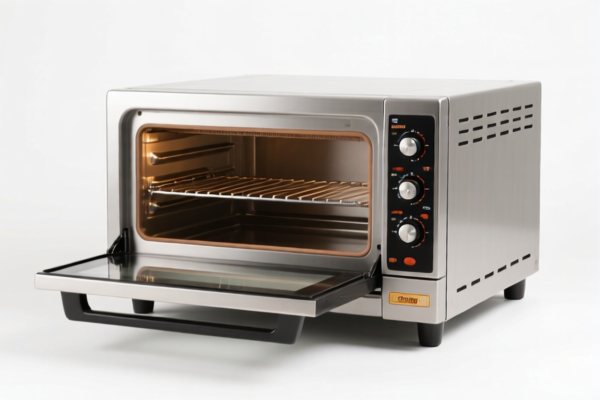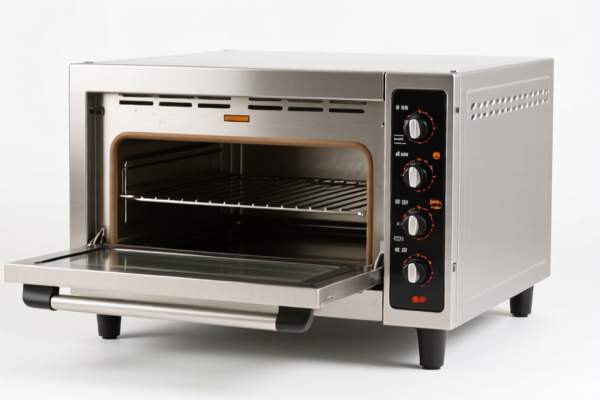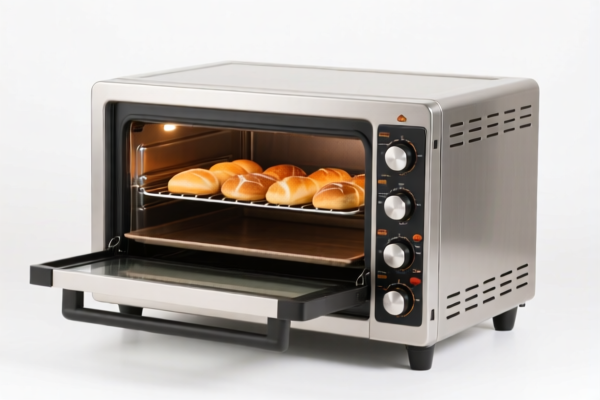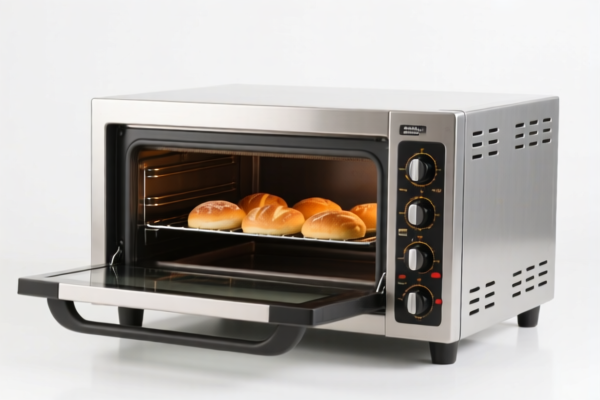| HS Code | Official Doc | Tariff Rate | Origin | Destination | Effective Date |
|---|---|---|---|---|---|
| 8480500010 | Doc | 55.0% | CN | US | 2025-05-12 |
| 8480600010 | Doc | 37.5% | CN | US | 2025-05-12 |
| 3923300090 | Doc | 58.0% | CN | US | 2025-05-12 |
| 3923900080 | Doc | 58.0% | CN | US | 2025-05-12 |
| 3924104000 | Doc | 33.4% | CN | US | 2025-05-12 |
| 3924102000 | Doc | 44.0% | CN | US | 2025-05-12 |




HS Code Classification for BISCUIT MOLD
Based on the provided reference data, classifying "BISCUIT MOLD" requires careful consideration of its material and intended use. Here's a breakdown of potential HS codes, along with explanations:
-
8480500010 - Molding boxes for metal foundry; mold bases; molding patterns; molds for metal (other than ingot molds), metal carbides, glass, mineral materials, rubber or plastics: This code covers molds used in metal casting or forming processes.
- 84: Machinery and mechanical appliances; parts thereof. This broad category indicates the item is a piece of equipment.
- 80: Molding or die-casting machinery. This narrows it down to equipment specifically for shaping materials.
- 50: Molding boxes, bases, patterns, molds. This specifies the type of equipment.
- 00: General code for this category.
- 10: Specific sub-classification.
- Applicability: If the biscuit mold is used in an industrial metal forming process (e.g., creating molds for metal biscuit tin production), this code is a strong possibility. Tax Rate: 55.0% (0.0% base tariff + 25.0% additional tariff, increasing to 30% after April 2, 2025).
-
8480600010 - Molding boxes for metal foundry; mold bases; molding patterns; molds for metal (other than ingot molds), metal carbides, glass, mineral materials, rubber or plastics: This code is similar to 8480500010 but specifically for molds used with mineral materials.
- 84: Machinery and mechanical appliances; parts thereof.
- 80: Molding or die-casting machinery.
- 60: Molds for mineral materials.
- 00: General code for this category.
- 10: Specific sub-classification.
- Applicability: If the biscuit mold is used to create molds for ceramic or other mineral-based biscuit production, this code may be appropriate. Tax Rate: 37.5% (0.0% base tariff + 7.5% additional tariff, increasing to 30% after April 2, 2025).
-
3923300090 - Articles for the conveyance or packing of goods, of plastics; stoppers, lids, caps and other closures, of plastics: Carboys, bottles, flasks and similar articles Other: This code applies if the biscuit mold is made of plastic and is used for shaping the biscuit itself (like a mold to create a specific biscuit shape).
- 39: Plastics and articles thereof.
- 23: Packing articles, of plastics.
- 30: Articles for conveyance or packing.
- 00: General code for this category.
- 90: Specific sub-classification.
- Applicability: If the mold is a plastic form used directly in biscuit production, this is a likely candidate. Tax Rate: 58.0% (3.0% base tariff + 25.0% additional tariff, increasing to 30% after April 2, 2025).
-
3923900080 - Articles for the conveyance or packing of goods, of plastics; stoppers, lids, caps and other closures, of plastics: Other Other: This is a broader category for plastic packing articles.
- 39: Plastics and articles thereof.
- 23: Packing articles, of plastics.
- 90: Other plastic packing articles.
- 00: General code for this category.
- 80: Specific sub-classification.
- Applicability: If the mold is made of plastic and doesn't fit neatly into the 3923300090 category, this could be used. Tax Rate: 58.0% (3.0% base tariff + 25.0% additional tariff, increasing to 30% after April 2, 2025).
Important Considerations & Recommendations:
- Material: The primary material of the biscuit mold is crucial. Is it metal, plastic, ceramic, or another material?
- Intended Use: Is the mold used to create molds for biscuit production, or is it used directly to shape the biscuits themselves?
- Certification: Depending on the material and intended use (especially if it comes into contact with food), you may need to provide certifications related to food safety standards.
- Single Declaration: Please provide more details about the material and usage of the product to determine the most accurate HS code.
- Price: The price of the product may also affect the HS code classification.
Disclaimer: This information is for general guidance only and does not constitute professional customs advice. It is recommended to consult with a licensed customs broker or relevant authority for accurate classification and compliance.
Customer Reviews
The detailed breakdown of the 8480500010 code and its applicability for industrial metal forming was very useful. Definitely a go-to resource for HS codes.
I was impressed by the clarity of the HS Code 3923900080 explanation. It helped me understand the broader category for plastic packing articles.
The site is good, but I found the information a bit overwhelming. More examples for each HS code would make it easier to choose the right one.
The HS Code 3924104000 with its 33.4% tariff rate was exactly what I was looking for. The categorization for plastic molds was very helpful.
This site made it easy to understand the difference between 8480500010 and 8480600010. The information on the material and intended use was spot on.